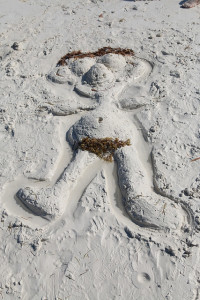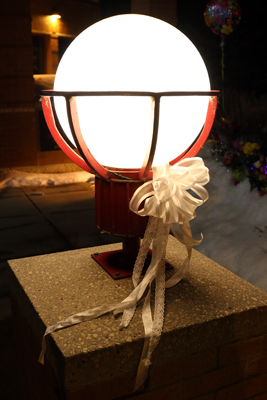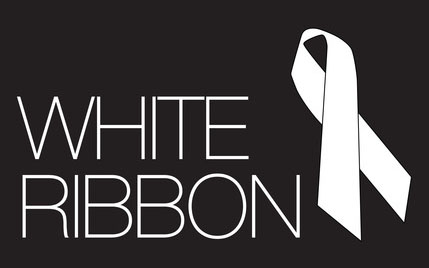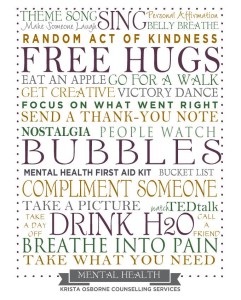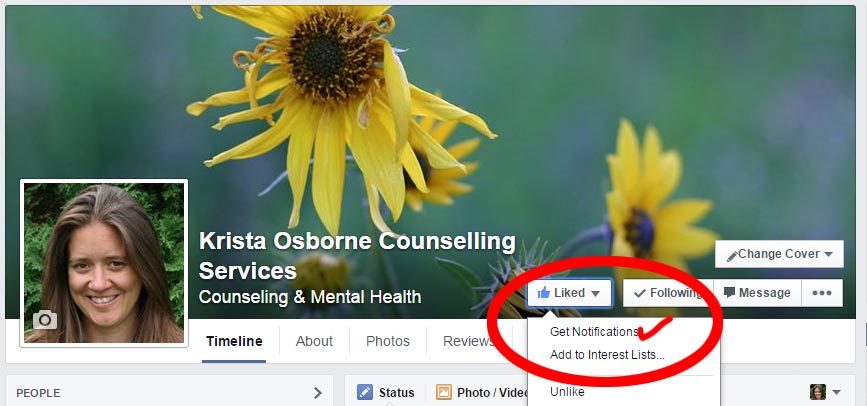 My palms were sweating, my heart racing, and my breathing hard. I thought to myself, “Just press the button.”
My palms were sweating, my heart racing, and my breathing hard. I thought to myself, “Just press the button.”
For the last 4 years I have been working on becoming a Clinical Social Worker. I have spent a lot of time listening, helping, counselling, getting feedback and supervision on the work I do. I have spent a ton of money on supervision and it was worth every penny. I have laughed and cried with my Clinical Supervisor. She has challenged me and I have gained confidence in my skills.
I have filled out piles of paperwork and had to jump through what feels like a million hoops. Strangely it was the paperwork that almost did me in. I almost gave up over a form I didn’t sign when I submitted to the Clinical Social Work committee. As a result they didn’t review my file in the final stages of the process and things got delayed. It was my Clinical Supervisor that told me I was being silly.
So last week I found myself at the final hurdle. In order to be approved as a Clinical Social Worker, the Alberta College of Social Workers requires candidates to write an exam. The exam tests clinical skills such as how to diagnose and treat a variety of mental health issues. It focuses on theory and practice. It is a standardized exam so I had to drive in to Edmonton to a testing centre. At the centre they scanned my palms, took my ID and sent me into the room. There were several others there writing their own exams, mostly psychologists writing their exam in order to be registered.
The room was absolutely silent, still we were issued earplugs. I went to the bathroom before the exam. I was worried I would have to go in the exam which would mean I’d require an escort. Nothing is worse than someone listening to you pee. This exam is entirely intimidating.
Once I started the exam I felt good. I had prepared myself for this. It was going to be okay. I know this stuff. I was actually pleased with my composure, other than a case of the wiggles. You see, sitting still and staying focused for 3 hours is not something in which I excel. But it was going well.
Then I got to the last question. In this exam you get your results immediately. Truth be told, I was a bit cocky going into the exam. I didn’t study as much as I would have liked. I just couldn’t bring myself to buckle down. I kept telling myself that I don’t need to have my “Clinical” designation to do the work I do. I told myself I could try again if I needed. Basically I convinced myself that if I failed that it didn’t matter to me.
Sitting at the computer staring at that “Submit” button I realized that I was wrong. It did matter. It mattered deeply. I have always struggled with feeling a bit like I am faking it through life, that I really don’t know what I am doing and that I am a total fraud. Sitting at that computer all that stuff came back. What if I failed? What if that proved my biggest fears, that I don’t know what I am doing?
In our society we often have been hearing more and more about overcoming anxiety. I work with many anxious teenagers and just as many anxious parents. There are blogs, strategies and whole therapeutic interventions on “winning the battle” over anxiety. Anxiety can be overwhelming but it is not the enemy. Sitting in that exam room, it was clear. My anxiety was just highlighting what was important to me. It was proof that this moment mattered.
Finally I hit the button. Good news. I do know what I am doing…. well, most of the time.


